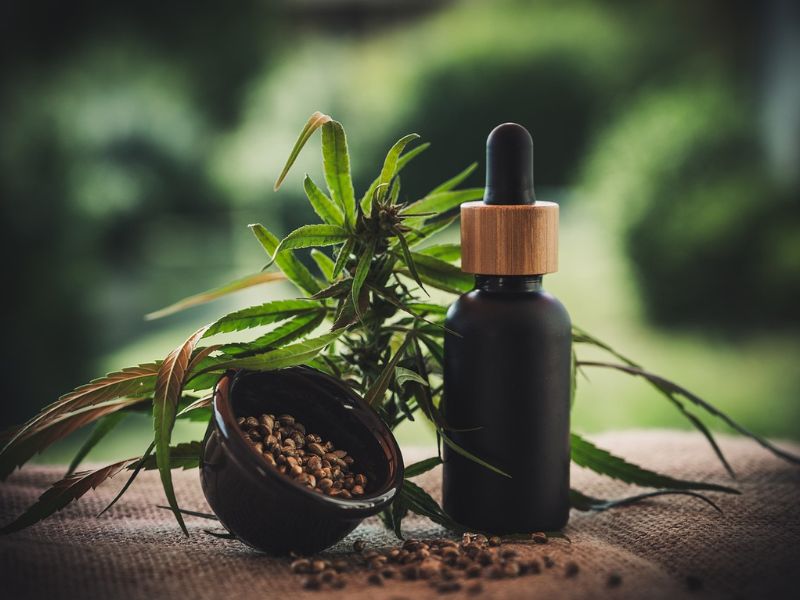
Cannabis and health: between legalization and medical use
Legalization, Medical Uses, and Health Impacts: Cannabis in the Global Debate
Cannabis, a plant with multifaceted aspects, is gaining global traction both in medical and recreational contexts. While some countries have embarked on full legalization, others regulate its therapeutic use, offering new perspectives and raising questions about its safety.
Health Effects: Bright and Dark Sides
Despite often being perceived as a “natural” and safe substance, cannabis can have significant effects on physical and mental health. Recent studies have highlighted a range of potential issues, including cognitive impairments, psychotic disorders, and depression. Particularly concerning is that up to one-third of individuals experiencing substance-induced psychosis may later develop the more permanent condition of schizophrenia.
Additionally, chronic marijuana use can lead to oral health problems such as gingival hypertrophy. Experts are particularly concerned about its impact on adolescents’ mental health, as their brains undergo critical developmental stages. Regular cannabis users among adolescents have a 37% higher likelihood of developing depression by early adulthood compared to non-users.
However, not all studies have shown negative effects on physical health. Recent research on twin pairs found that cannabis consumption is not associated with cardiovascular problems or other physical health issues. These findings contrast with arguments from prohibitionists, who cite health risks, especially among the young, as the primary reason for maintaining the ban.
Legalization: A Global Phenomenon
The regulatory landscape regarding cannabis varies significantly worldwide. While some countries like Canada, Malta, South Africa, and Uruguay have legalized recreational use, others permit only medical use, such as Italy. However, Brazil’s recent Supreme Court ruling decriminalized personal cannabis cultivation.
Despite advancements, the United Nations International Narcotics Control Board (INCB) has expressed concern that the cannabis industry is fueling increased drug use, advertising products “particularly to youth in ways that reduce risk perception.” Moreover, data shows that in all jurisdictions where cannabis has been legalized, health problems associated with its consumption have increased.
Medical Uses: A New Frontier
Beyond recreational use, cannabis is also gaining ground in medical applications. Currently, Medical Cannabis is legal in over 50 countries, including Argentina, Australia, Canada, Germany, Italy, Israel, and Uruguay. These countries allow its use for treating various conditions such as chronic pain, chemotherapy-induced nausea and vomiting, multiple sclerosis-related muscle spasticity, and sleep disorders.
Despite therapeutic potential, medical cannabis remains a contentious topic. Some experts emphasize the need for further research to fully understand its effects and ensure patient safety.
A Complex Issue
Cannabis, with its contrasting health effects, is becoming a global phenomenon, with countries regulating its medical use and others legalizing recreational use. While some studies highlight mental and physical health issues, others suggest that cannabis consumption is not associated with serious physical health consequences. This complexity calls for a balanced, evidence-based approach to fully understand the risks and benefits of cannabis, both medically and recreationally.
Sources
- https://www.stateofmind.it
- https://cannabiscienza.it
- https://www.quotidianosanita.it
- https://www.nationalgeographic.it
- https://it.wikipedia.org
Image by Julia Teichmann from Pixabay


